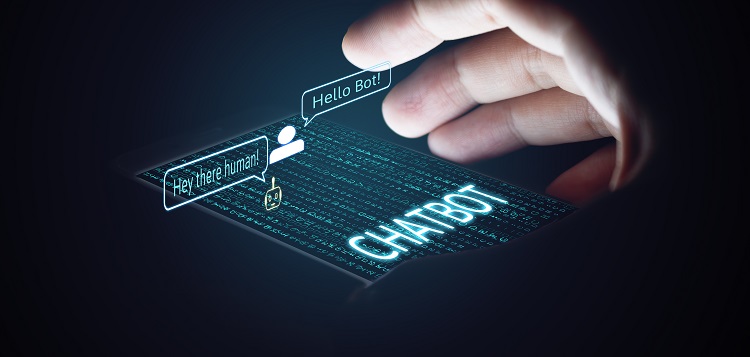In recent years, artificial intelligence (AI) has become an integral part of the customer service industry. This technology can automate the customer service process, saving businesses time and money, and reducing human error. Microsoft has incorporated AI capabilities into its existing products such as Microsoft Teams, Viva Sales, and Power Apps to enable non-technical users to write code utilizing natural language. Additionally, the company has released a new AI chatbot based on OpenAI’s GPT-3 which can be used to generate email replies to customers, summarize Team meetings, and draft marketing and sales emails.
Despite the advantages of AI chatbot technology, Jack Gold from J. Gold Associates has cautioned that this technology should be seen as an aid rather than a substitute for required expertise. He believes that although AI chatbots can be useful in automating the customer service process, they should not be relied upon to replace human expertise in customer service roles. To this end, Microsoft has developed solutions that allow marketers to leverage Dynamics 365 Copilot to get ideas for fresh email content based on a query and develop online store product listings. This AI-powered platform can provide agents with suggested answers to inquiries in both chat and email conversations, as well as providing a conversational interface and access to the case history.
AI chatbot technology is becoming increasingly popular in the customer service industry due to its ability to automate the customer service process. By using AI chatbot technology, businesses can save time and money by automating tedious customer service processes that would normally require manual labor. This technology can be used to generate email replies to customers, summarize team meetings, and draft marketing and sales emails. Additionally, marketers can use this technology to get ideas for fresh email content based on a query and develop online store product listings.
Despite the advantages of AI chatbot technology, Jack Gold from J. Gold Associates has cautioned that this technology should be seen as an aid rather than a substitute for required expertise. He believes that while AI chatbots can be useful in automating customer service processes, they should not be relied upon to replace human expertise in customer service roles. Businesses must ensure that these technologies are used in conjunction with human expertise in order to maximize the effectiveness of their customer service processes.
To this end, Microsoft has incorporated AI capabilities into its existing products such as Microsoft Teams, Viva Sales, and Power Apps. These products enable non-technical users to write code utilizing natural language. Additionally, Microsoft has released a new AI chatbot for business users based on OpenAI’s GPT-3 which can be used to generate email replies to customers, summarize Team meetings, and draft marketing and sales emails. Marketers can use Dynamics 365 Copilot to get ideas for fresh email content based on a query and develop online store product listings. This AI-powered platform can provide agents with suggested answers to inquiries in both chat and email conversations, as well as providing a conversational interface and access to the case history.
AI chatbot technology is proving to be a powerful tool for businesses that is allowing them to automate customer service processes and save time in the process. It is important for businesses to understand that this technology should be seen as an aid rather than a substitute for required expertise. By combining human expertise with AI chatbot technology, businesses can ensure that their customer service processes are efficient and effective.

